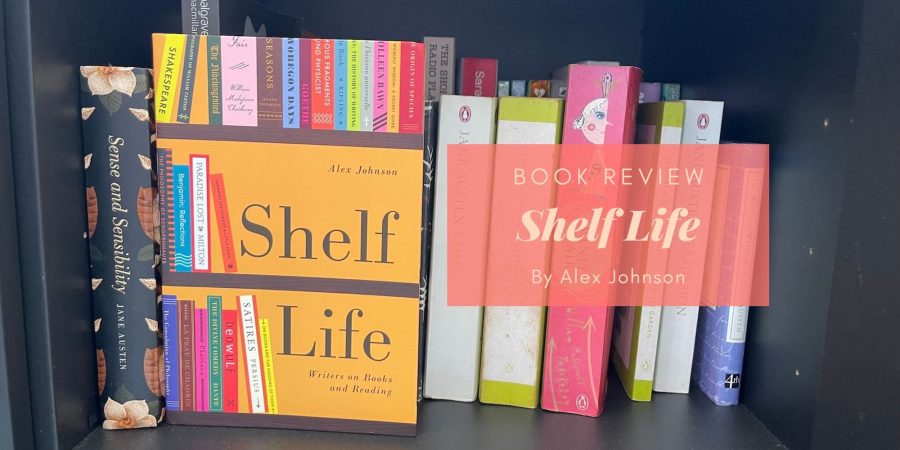I am back! And very tired from my trip – I’m hoping to be able to make one or two posts about it within the month but for now, please enjoy a book review.
It is very hard for me to resist a book about books. Especially a book by various writers on books and reading – this seems like a positive treat! While I didn’t know who would be in this volume, I was pleasantly surprised to see that Johnson has plumbed the depths of English literary history to uncover these writers (the most recent essay is from 1930).
For those interested in the essays, the authors and the tiles are:
- William Blades: The Enemies of Books
- Walter Benjamin: Unpacking My Library
- Stephen Leacock: A Lesson in Fiction
- Charles Lamb: Detached Thoughts on Books and Reading
- Theodore Roosevelt: Books for Holidays in the Open
- John Ferriar: Bibliomania
- Rudyard Kipling: The Uses of Reading
- Arthur Schopenhauer: On Books and Reading
- W.E. Gladstone: On Books and Housing Them
- Francis Bacon: Of Studies
- J.C. Squire: On Destroying Books
As you can see, the topics here vary from collecting books, how to preserve books, the purposes of reading, and even musings on destroying books. While each essay focuses on a different topic, I did pick up two themes running through the book.
The first is that books are, as Lamb quotes from The Relapse, “the forced product of another man’s brain.” In other words, reading books means reading the thoughts of others, not thinking for yourself. Yet the writers here find value in reading, thought they treat this idea in different ways. Lamb, for example, admits that he loves to lose himself in other people’s minds. Schopenhauer, on the other hand, uses it as an example of why we cannot spend all our time reading, we have to pause to “set our own thoughts to work.” And yet another writer, Kipling, goes a step further and takes books not just as expressions of someone else’s mind, but also as a reference we can use. He talks about how modern we may find the thoughts in ancient works if only we understand them.
The other idea, which is a bit more subtle, is about the distinction between books. Roosevelt calls this “serious literature”, Kipling calls it “national literature drawn from all ages” (Kipling’s essay, I should add, has a very strong colonial attitude to it), and Schopenhauer calls it “good books”. The question that they never really answer is: what separates the wheat from the chaff? Roosevelt’s suggestion is the quality of timelessness while Schopenhauer tries to use the motivation for writing – was it written for money or not? But I’m not convinced these are very applicable; one would require us only to read backlist books (and with the advent of ebooks, we can’t use “in print” to determine if a book is timeless!) and the other requires us to discern the author’s intention, which is impossible. That said, I think is a question worth considering: do all books hold the same weight in terms of their effects on our mind and should we be cultivating a habit of being able to read “serious” books?
And this was not a theme, but I wanted to mention Roosevelt’s way of charting a course of reading. He says that books often suggest other books to be read after, one example he gives is this: “Once I travelled steadily from Montaigne through Addison, Swift, Steele, Lamb, Irving, and Lowell to Crothers and Kenneth Grahame – and if it be objected that some of these could not have suggested the others I can only answer that they did suggest them.” As someone who reads from the TBR list, this is very interesting and something I’d like to try in the future.
As you can see, I enjoyed this short book of essays on books and reading. I appreciated that Johnson drew primarily on writers from the past since I would be unlikely to come across these essays without extensive reading. If you’re a fan of books about books, you should consider picking up this one!

[…] meant when he talked about books suggesting other books (I heard about the concept while reading Shelf Life) and it is definitely something I can see myself doing… if I wasn’t constantly […]